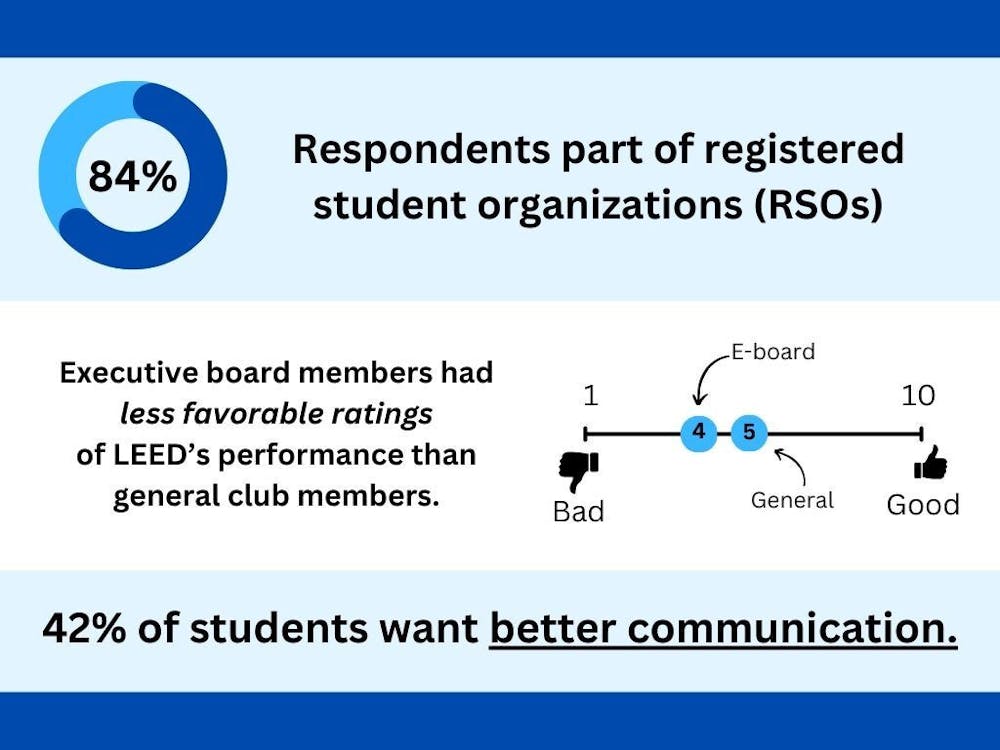Dean of Student Life Terry Martinez hosted a community forum in Shaffer Auditorium on Wednesday night to discuss the University’s alcohol policy and the Alcohol Strategy Working Group’s new recommendations for policy changes.
The working group, led by Vice Provost for Student Affairs Kevin G. Shollenberger, drafted the report in collaboration with a student subcommittee. The report was released to the community on Monday.
The report includes recommendations for policy changes, such as guidelines to register on- and off-campus parties, the use of sober party monitors, the expansion of access to Bystander Intervention Training (BIT) and the formation of an official amnesty policy to encourage students to call for help if someone needs medical assistance.
Martinez said that the student subcommittee of the working group was encouraged to speak openly and honestly about their perceptions and experiences with alcohol use on campus.
“There were no consequences for them being honest and they were bringing with them perspectives from other constituents,” Martinez said.
Martinez stressed that the measures are meant to help ensure safety not to penalize students.
“It is not our intent to be punitive. Our intention is to be safe and to make sure that students are safe at these parties,” Martinez said. “There are some serious, serious dangers occurring, and we have to make sure that we address those. It needs to be a community effort.”
The University already has a party registration system for organized student groups. The working group suggested that compulsory party registration become part of the University’s official policy.
“The working group recommends that mandatory registrations be expanded to any on- or off-campus event hosted by a University student in which more than a specified number of non-residents of a house or a building in which the party takes place are expected to attend and alcohol is present,” Martinez said.
The working group has not determined how many people would have to attend an event in order for it to qualify as a party.
According to Martinez, about five parties are registered each weekend. Per the current registration practice, Student/Community Liaison Jon Walter delivers cases of water bottles and snacks to residences where parties are being held before the parties and inspects the residence for health and safety concerns.
Martinez said students are ideally supposed to register for a weekend party by Thursday. However, impromptu parties can be registered as well.
Paul Markakis, a senior who serves on the student subcommittee, said that registering a party can be beneficial to students in terms of reducing the severity of penalties they may face if the party gets out of hand.
“I asked [Associate] Dean [of Student Life Dorothy] Sheppard, who usually handles the case when something goes wrong,” Markakis said. “And even though it’s not an official policy, she said that if it is a registered party she tends to be not necessarily more lenient, but she kind of gives them slight advantage just because they did register the party, and something went wrong.
“Because the reality is, things still do happen, and we can’t make it a perfect world. But [registering the party] is just mitigating the risk as much as possible.”
According to Martinez, the recommendations from the report are not meant to prevent underage drinking or drinking in general.
“We’re not going into your parties,” Martinez. “We know realistically what’s happening, and so as we approach these policies, we want to approach them with a dose of reality. The goal of the working group was not to remove drinking [or] ban drinking from campus.
“What we want to do is think about serious and dangerous behaviors in which our students are engaging and to create interventions that reduce or minimize student risk.”
According to Martinez, the working group hopes to minimize student risk by implementing an amnesty policy.
“The policy should be applicable to any student requesting medical assistance for himself, herself or for another person,” Martinez said. “It also applies to any student for whom medical assistance was provided. Such a policy would not protect individuals or organizations from disciplinary actions due to violations beyond the context of the specific medical emergency.”















Please note All comments are eligible for publication in The News-Letter.